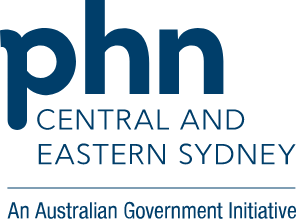Mental Health
Mental health, suicide prevention and psychosocial support services commissioned include the following
Wellness and Resilience Project (Palestinian and Jewish Support)
A 12-month small-grants program was established by four PHNs – Central and Eastern Sydney, Northen Sydney, South Western Sydney and Western Sydney. These grants funded local organisations to build resilience and social connectedness for communities distressed by the recent international conflict in Palestine and Israel.
The project aims to raise mental-health literacy, encourage early help-seeking, reduce isolation and stigma, and strengthen the cultural capability and navigational support of local services.
Organisations included in the project are; Educaid, Palestinian Christians in Australia, Self-Actualize Australia, Gaza Association, Australian National Imams Council, Jewish Care, and Advance Diversity Services.
A community of practice group was also established with all providers, with the goal of providing a system of support and ongoing professional development for community, support and encourage the development and extension of specialist knowledge and to develop and identify opportunities towards ongoing sustainability of the project.
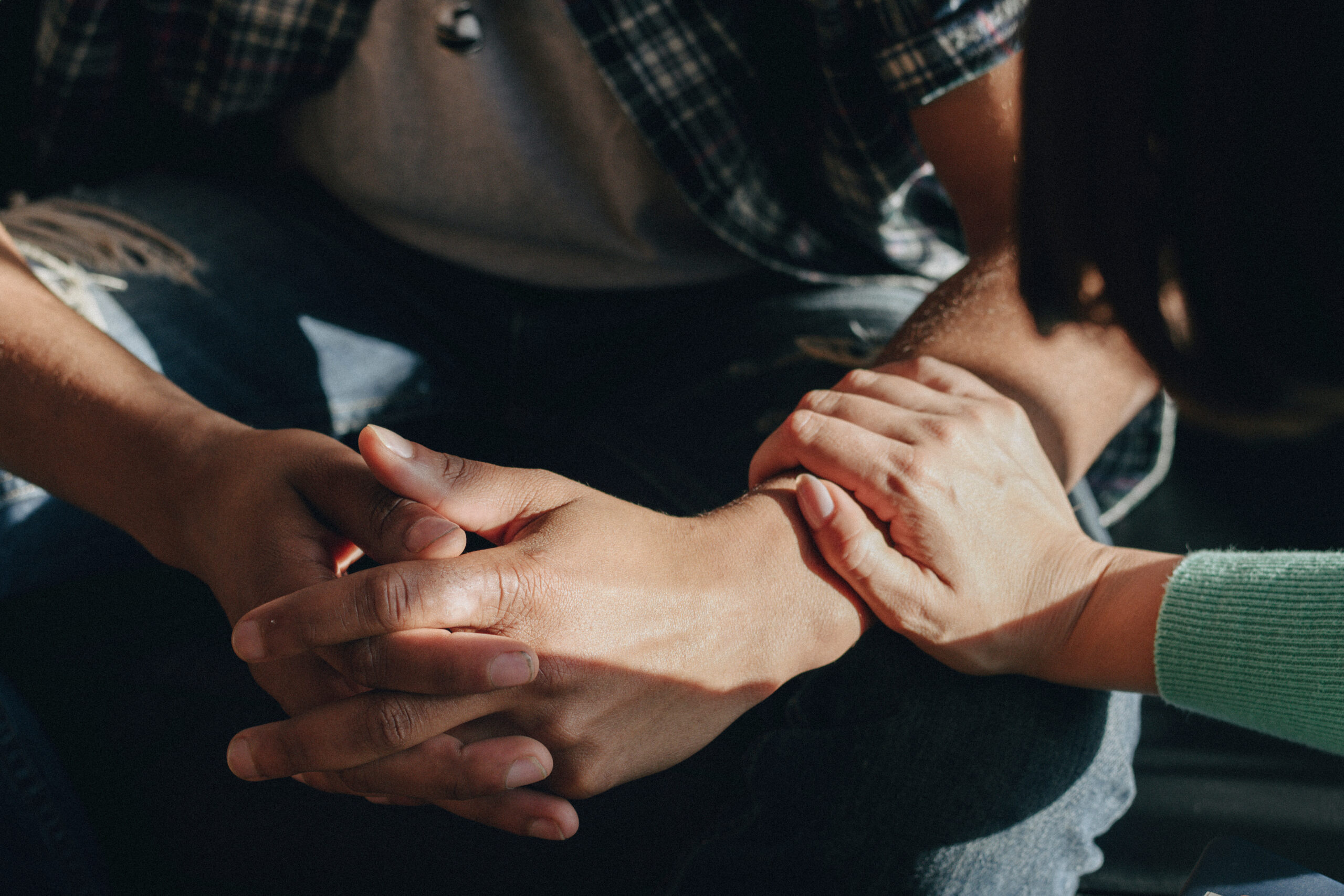
Palestine Community initiatives;
- Collectively, Palestinian-led organisations reached thousands of community members for support.
- 81 family assessments with specialist referrals were made.
- Training of 30+ Imams to increase mental health literacy and support pathways.
- Over 200 individuals participated in healing circles and cultural activities.
- 490 young people attended the weekly exercise sessions.
- A solidarity Gala was held with over 150 attendees.
- A Harbour cruise welcomed over 260 newly arrived Gazans.
Jewish Community Initiatives;
- Jewish Care assisted over 400 individuals.
- 141 Jewish individuals are receiving ongoing case management.
- Support groups for second-generation Holocaust survivors are ongoing on a monthly basis.
Other Initiatives;
- System capability was strengthened through three Community of Practice sessions that linked partners such as the Red Cross, STARTTS, and SSI.
- A collaboration between TMHC and STARTTS has seen the deliverance of professionally developed culturally responsive and bi-lingual vicarious trauma workshops.
Psychological Support Services (PSS)
Psychological Support Services (PSS) provides free access to short-term psychological therapy either via face-to-face or telehealth modalities. PSS is for people experiencing mild to moderate mental health concerns who live in the central and eastern Sydney region, and are experiencing financial hardship or low income, and who may not be able to access support through Medicare-subsidised psychological services.
Medical and non-medical practitioners can refer clients into the program. PSS provides 10 initial psychological sessions with an experienced mental health professional and also includes a Suicide Prevention Stream for individuals at increased risk of suicide and or self-harm.
- Successfully transitioned out of demand management while safeguarding clients’ continuity of care, with no disruption to service delivery.
- Delivered culturally responsive mental health training that has equipped over 95 providers to better serve diverse communities within the region.
- Recruited and integrated additional bilingual practitioners fluent in Mandarin, Cantonese, Vietnamese, and Korean, thereby expanding language-appropriate service delivery.
- Simplified and streamlined the non-medical practitioner referral process, enabling clients referred via NMPs to access an initial 10 sessions without the need for an initial Mental Health Treatment Plan.
- Reviewed and amended eligibility criteria – raising the financial threshold in line with cost-of-living pressures – to ensure those most in need can access the program.
- Established an employment-focused delivery model at La Perouse Aboriginal Community Health Centre to widen program access for Aboriginal and Torres Strait Islander peoples and foster deeper, community-driven support relationships.
PSS case study
A 30-year-old woman from a multicultural background with depression and anxiety completed a thorough assessment and co-created SMART, values-based goals. Through a number of focused psychological interventions, she learned emotional literacy and coping strategies. After eight sessions her K10 score fell from 46 to 20. She set boundaries, communicated assertively and now lives more confidently.
headspace
headspace centres provide face-to-face and telehealth services to young people aged 12 to 25 years and their families and friends. The support provided is holistic including general health care, mental health care, alcohol and other drug support and study and employment support. There are five headspace centres in the Central and Eastern Sydney region – Ashfield, Bondi Junction, Camperdown, Hurstville and Miranda.
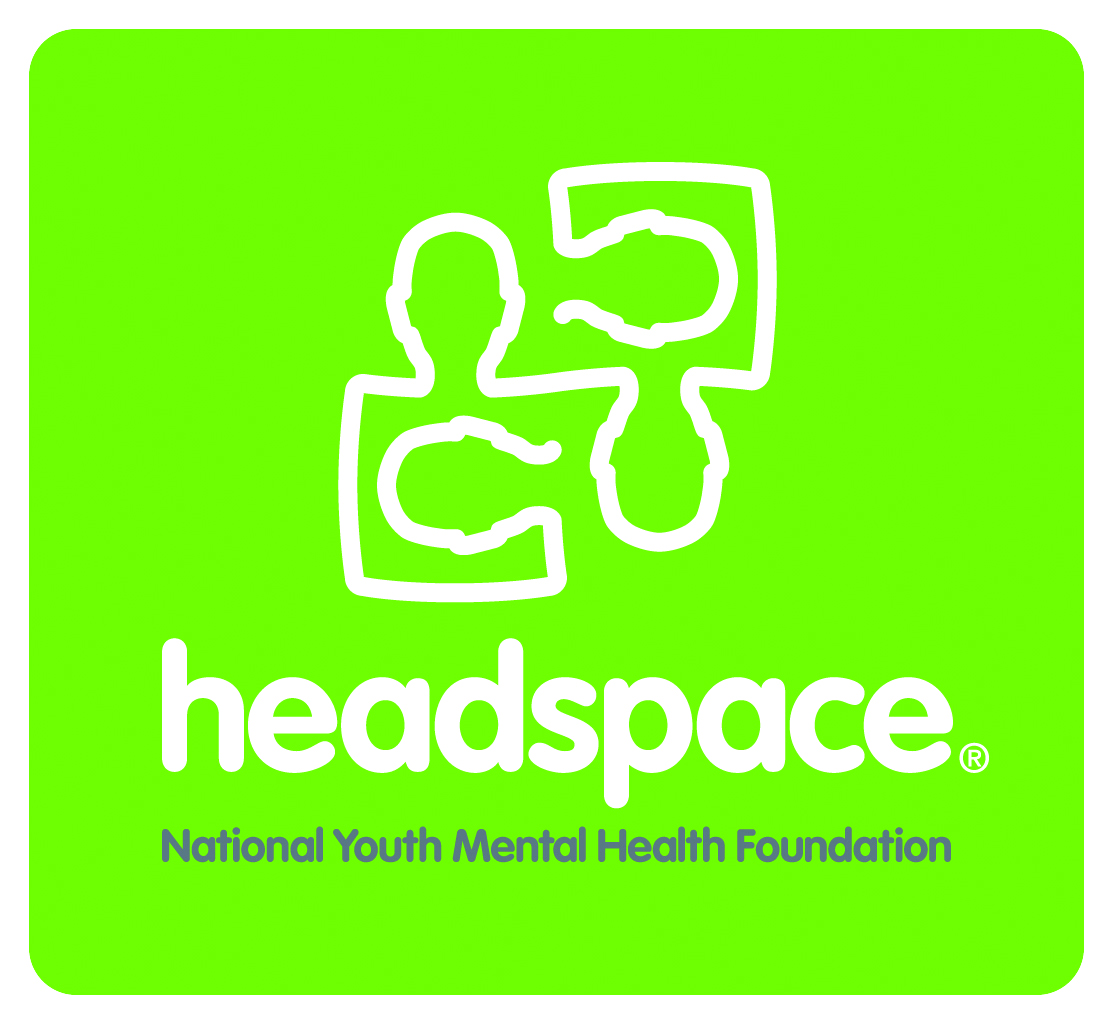
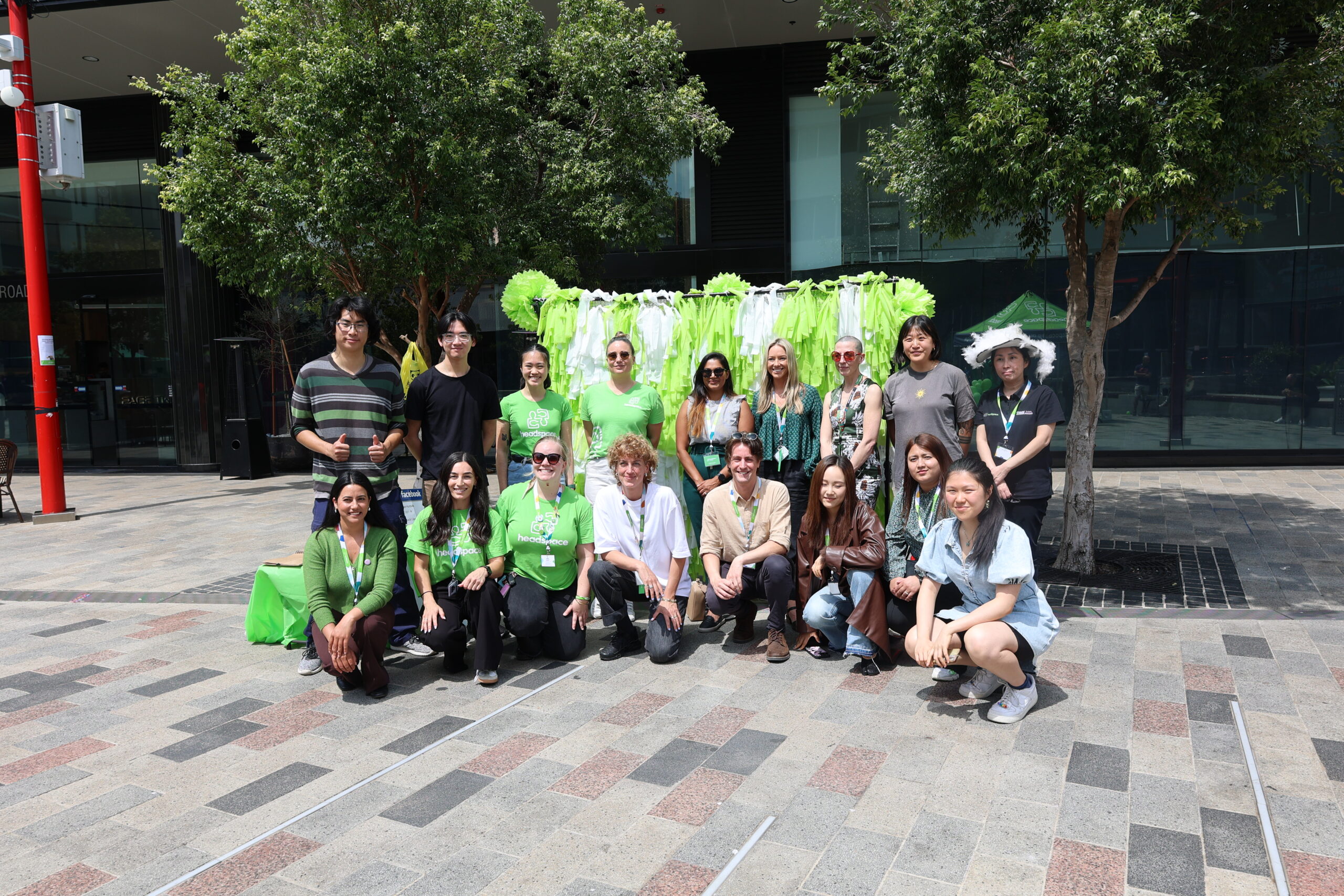
headspace Hurstville 10th anniversary
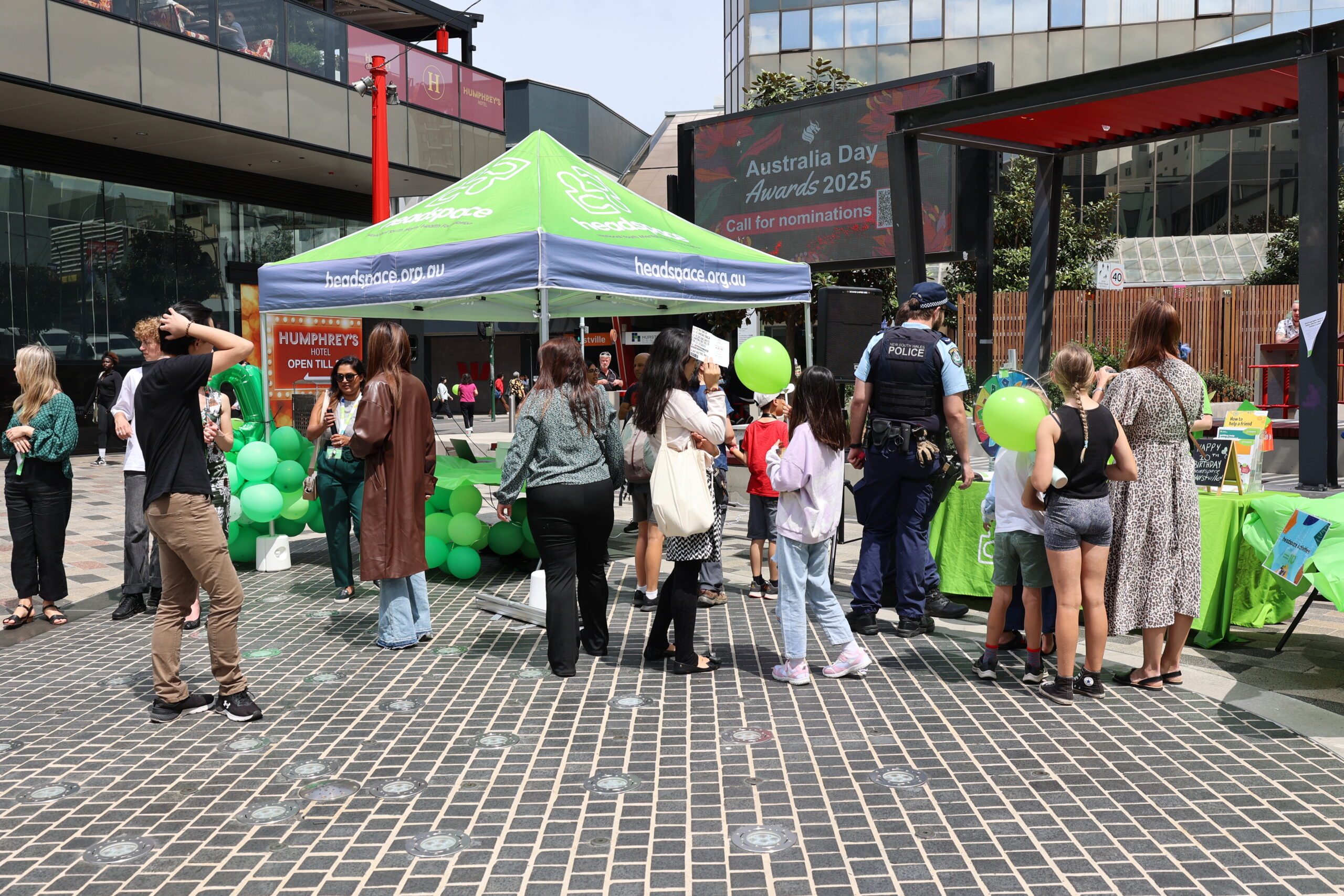
headspace Hurstville 10th anniversary
Youth Enhanced Services
CESPHN commissions two youth enhanced services to support the five headspace centres in our region. The services provide multidisciplinary support to young people who have more complex needs than headspace centres could normally support, and whose needs cannot be supported by the local public health service.
headspace
- headspace Hurstville 10th Birthday
During Mental Health Month, October 2024, headspace Hurstville celebrated a significant milestone, celebrating its 10th birthday, providing youth mental health services in the Georges River. The event was held at Hurstville Plaza and included speeches, cultural performances by local groups, live music from young artists, and various activities and games for the community. - headspace Camperdown International Students Round Table
headspace Camperdown, in partnership with the University of Sydney, hosted an International Students Round Table to bring together sector leaders to support student wellbeing. This was an important opportunity to hear from International Students themselves and explore opportunities to build on the existing networks of support and community connections. - Project Westfield
headspace Bondi Junction in partnership with SESLHD and CESPHN delivered Project Westfield, providing an opportunity for young people to connect with peers and support services in community spaces outside of the Westfield Shopping Precinct following the incident of violence in April 2024. - Things I Wish I Knew
The Inner West Consortium, led by headspace Ashfield and headspace Camperdown, presented the ‘Things I wish I knew’ pop-up exhibition and youth hub in April 2025 as part of youth week celebrations. This was an exciting collaboration inviting young people aged 16-25 to celebrate identity, diversity, and well-being through the power of photography and storytelling. Workshops were held in the pop-up gallery, providing further opportunities for young people to connect and develop new skills.
Youth Enhanced Services
- Updated Eligibility Criteria for Youth Enhanced Services
Following consultations in late 2023, the Youth Enhanced Services were re-commissioned with updated eligibility criteria to increase access to care for young people with more complex mental health needs, and facilitate service integration with the headspace centres. The headspace centres in our region have provided positive feedback on the changes, which will enable greater integration of services within the CESPHN region.
headspace case study
Mark is 22 years old, lives in Sydney, and uses he/them pronouns.
Mark first heard about headspace from a family friend who had their own positive experience with the service. Mark was having some difficulty with his mental health and heard that headspace was free, nearby, and easy to get to on public transport so gave it a go. Mark recently migrated from the USA where they found mental healthcare could be expensive and difficult to access so hadn’t received mental health support before. Mark had goals around better understanding and improving his mental health and was keen to making some social connections in the country.
Mark remembers feeling really nervous for the initial appointment but found that the intake clinician was helpful and a good listener. Mark found the sensory toys were helpful to manage his anxiety in the session and ease some of the first session nerves.
After a few sessions of counselling, Mark and his intake clinician agreed it was time to move across to another clinician in the centre who was able to provide some more specialized and longer-term care. Mark also had a really positive experience with their new clinician and appreciated that they were able to take the time to get to know him as a person, and not just focusing on a set of symptoms.
As well as focusing on the problems Mark wanted to talk about, their clinician helped encourage Mark to try new experiences in between the sessions that would help with their mental health and build their support network in the country. They helped link Mark in with multiple other supports within the community including headspace work and study, external employment support, gender affirming supports, and psychological assessment services. Mark also had a few appointments with the headspace Hurstville General Practitioner for some physical health matters and referrals to other services when needed.
Mark remembered always felt accepted and safe exploring their gender identity with their support team and that he was was never fearful that he would be judged or discouraged. Mark also reflected that through their journey with the service, one support always flowed into the next so that they never had to navigate the next step on their own. They remembered finding the Australian health system to be complicated and intimidating so appreciated the help along the way.
Since then, Mark has also been involved in several social inclusion groups at the centre including a social gaming group (GameSpace) and the therapeutic Dungeons and Dragons group. Mark was able to make a great group of friends through these groups, who he still stays in touch with regularly, and he plans to continue coming along to the upcoming social groups!
We have also been lucky enough to have Mark join the Youth Reference Group (YRG) several months ago. Through the YRG, Mark is involved shaping the centre to better support other young people and representing the centre at community events. Mark continues to push himself out of the comfort zone and get more involved with the community and events wherever possible.
Mark’s advice for other young people who are thinking about getting some support is that they had a really good experience, they really like it here, and it is both free and accessible so it is worth a try! Their highlights were the dungeons and dragons group, making the group of friends in Australia he always wanted, and all the wonderful clinicians and supports along the way.
Canterbury Medicare Mental Health Centre
One Door Mental Health delivers the services at Canterbury Medicare Mental Health Centre (MMHC) and have integrated a holistic approach to mental health care, by engaging with partners to support all-of-person care and adopting Open Dialogue principles.
This approach has led to significant improvements in client outcomes and service delivery, and includes:
- Bi-lingual staff members.
- Access to parent support and children’s wellbeing by engaging with KidsXpress.
- Physical wellbeing by engaging with a physiotherapist and exercise physiologist.
- Psychiatry support through Dokotela supported by the client’s GP.
- Implementing Dialectical Behaviour Therapy (DBT) group sessions.
DBT group participants report transformative changes in emotional regulation, interpersonal relationships, and self-awareness, with skills like mindfulness and distress tolerance proving especially impactful. These outcomes are echoed Canterbury’s quarterly data, which shows high rates of client engagement, improved K10 scores, and successful recovery journeys across diverse cohorts. The service’s trauma-informed, person-centred approach – supported by strong clinical supervision and intervision (the process of collaborative observation, communication, and feedback among peers or colleagues within an organisation) – ensures clients feel heard, supported, and empowered.
Together with their partners and the integration of DBT and Open Dialogue the MMHC has been able to foster resilience, reduce distress, and promote sustainable recovery, making the Canterbury MMHC a model of holistic mental health care.
Open Dialogue is a transformative approach to mental health care that centres on relationships, shared decision-making, and responsive listening. This model brings together clients (if they choose), families, and professionals in network meetings that prioritise the client’s voice and lived experience. By involving the broader social network – family, friends, carers, and community supports – Open Dialogue fosters trust, agency, and continuity of care.
Medicare Mental Health Line Hub and Spoke
The National Medicare Mental Health Line (1800 595 212) in NSW has adopted the Hub and Spoke model. This model connects a centralised Initial Assessment Hub (Medicare Mental Health Line) with regionally based Referral Spokes to streamline mental health care. The Hub conducts assessments and matches consumers to appropriate care levels, while Spokes manage local referrals, maintain service directories, and coordinate with providers. This model ensures culturally safe, recovery-oriented, and locally responsive pathways for timely and effective support.
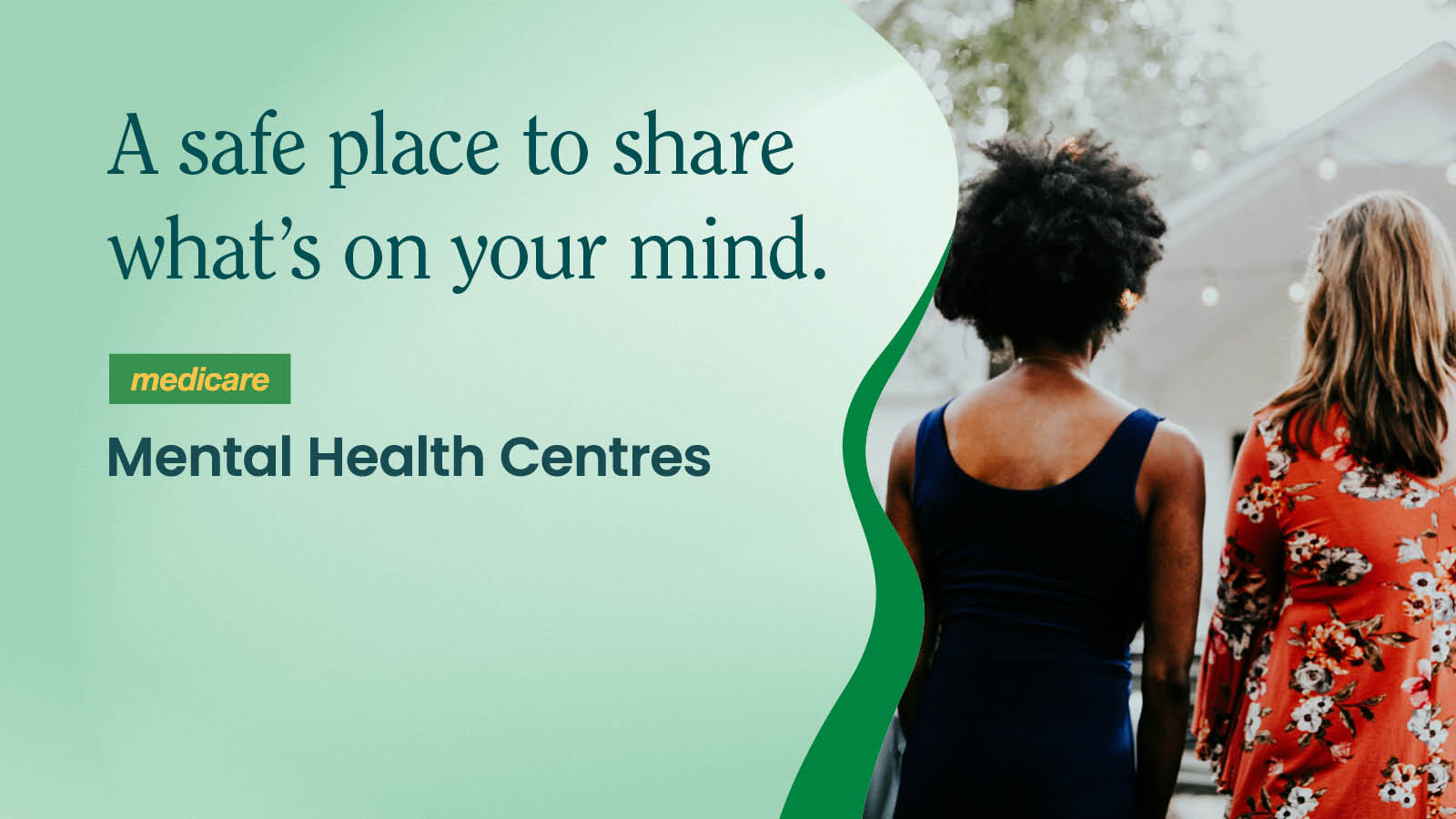
- Successfully implementing the Referral Spoke model into the CESPHN Mental Health Intake and Triage team, integrating with the centralised Medicare Mental Health Line Initial Assessment Hub.
- Strengthening local partnerships with service providers and Local Health Districts to improve care coordination and reduce service fragmentation.
- Onboarding these services for direct referral pathways.
- Successfully participating in the national eReferral trial, acting as both the Hub and Spoke model to process these referrals.
- Engaging 8 practices and over 70 GPs – CESPHN had a high number of referrals in this trial.
- Progressing the statewide conversation on this model.
Integrated Hub Consultations
CESPHN conducted extensive community consultations to finalise the Integrated Mental Health Hub model. These sessions engaged community members, service providers, GPs and stakeholders to ensure the hubs reflect community needs. Feedback informed service design, workforce planning and implementation priorities. This has helped shape a trauma-informed, accessible, and recovery-oriented model of care for central and eastern Sydney.
Developed through extensive codesign, the hubs offer tailored services including psychological therapies, psychosocial support, care coordination, and outreach. A multidisciplinary team – peer workers, clinicians and allied health professionals – ensures flexible and accessible support.
In a 6-week period over 200 people across 18 consultations were engaged in this process. This included community members, community managed organisations, Local Health Districts and networks, general practitioners, advisory groups, member chairs and participants of the annual CESPHN Strategy Workshop.
Community members shared their own experience of how ongoing support and supervision from a mental health organisation transformed their experience. Regular debriefs and training not only improved service delivery but also supported the peer workers wellbeing, highlighting the importance of valuing lived experience in these care models.
Psychosocial Support Programs
The Commonwealth Psychosocial Support (CPS) program provides psychosocial support services to assist people with severe mental illness and reduced psychosocial functional capacity who are not receiving psychosocial supports through the National Disability Insurance Scheme (NDIS).
CESPHN funded eight psychosocial programs in the last year, providing an extensive range of supports in areas such as physical health, employment, hoarding and squalor, NDIS access, social connection, managing day-to-day living needs, and building broader life skills including confidence and resilience.
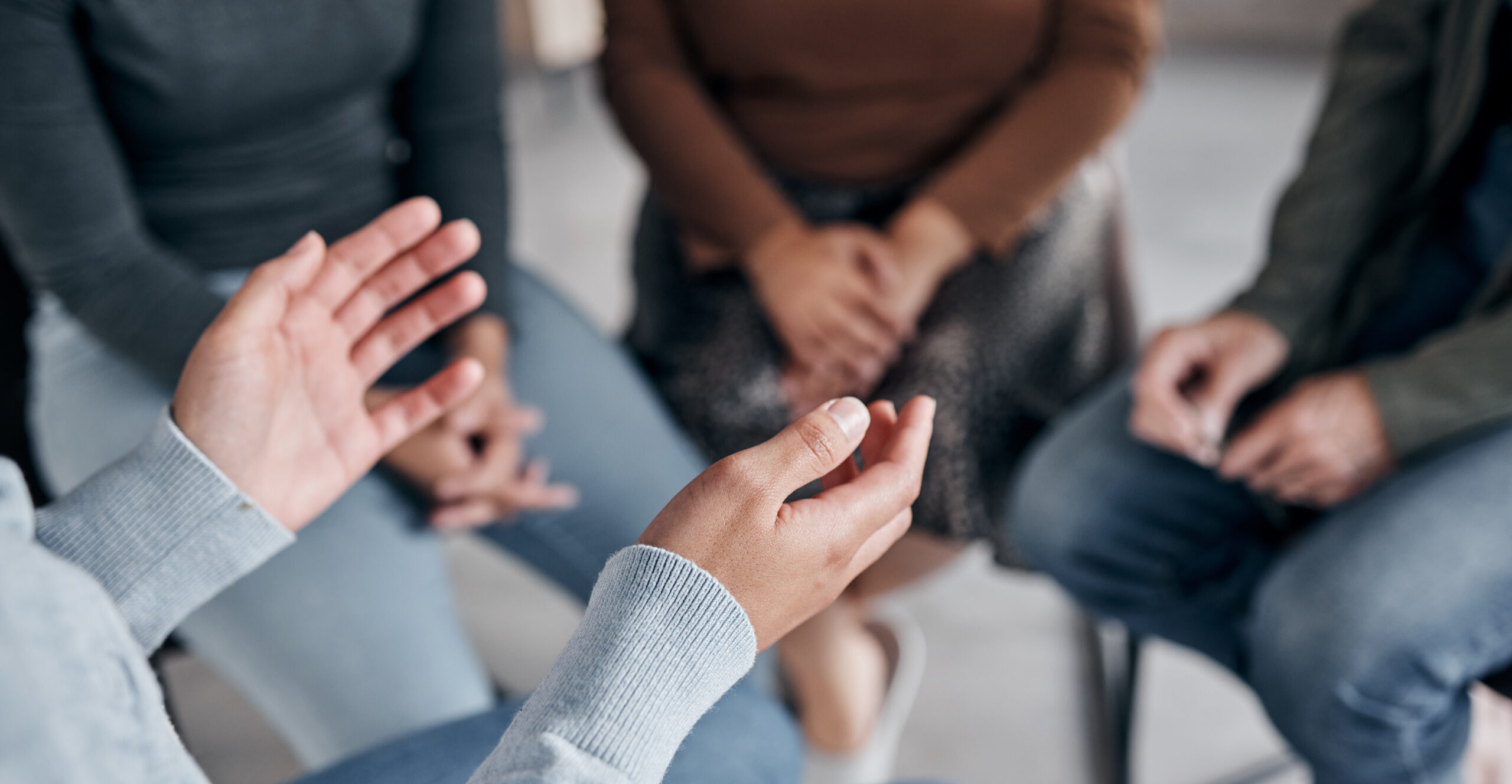
Supporting individuals to increase their capacity to manage day-to-day living needs and build their resilience was a key focus of CESPHN’s psychosocial programs over the last 12 months. The programs provided support to individuals to secure and maintain a safe home. This stable foundation allows individuals to develop in other areas such as increasing social connections and community networks, work on education and employment goals, and explore creative pursuits.
Physical health outcomes for people living with severe mental illness are considerably lower than the general population, which is a key focus of CESPHN’s Regional Mental Health and Suicide Prevention Plan. A number of our psychosocial programs focused on improving physical health outcomes through increased opportunities for individual and group physical activity, improved awareness around nutrition and nicotine cessation advice and support. The programs provided access to physical health supports such as exercise physiologists and dieticians, and to wellness activities and resources such as trauma-informed yoga and pilates, a gym, exercise physiology advice and support, and a partnership with Addi Moves.
”“My support worker has always been extremely professional but in the most approachable, friendly, and relatable way possible. She’s allowed me to feel safe and comfortable receiving help, which is an incredible step forward for me.
The best things about the program were the warm, inviting staff who showed genuine care, consideration, flexibility, and no judgement in their approach. The group activities and opportunities to socialise or engage in culture that might otherwise be unattainable (museums, art galleries, theatre), either due to social or financial constraints, actively assisted in the goals the program is helping you work towards, like community engagement and hobbies.
Having support to negotiate all the necessary paperwork for housing, Centrelink and NDIS has been great. It was too overwhelming for me on my own.
I cannot express enough gratitude to my coach, the social worker, who has brought hope and light into my life. I never imagined that I would be approved for counselling and priority housing at the age of 27. This has greatly reassured me that my decision to leave the violent relationship was the right one. I now see more hope for my future. The Social Rx program is truly amazing, and I hope that anyone struggling with life challenges seeks support through this program.”
Social Rx
CBT Groups for Young People on the Autism Spectrum
Facilitated by Sydney University Brain & Mind Centre, this Cognitive Behavioural Therapy program aims to reduce anxiety and improve skills in social situations for young people who are on the Autism Spectrum.
In addition to running five successful eight-week group programs, the Brain and Mind Centre also delivered two educational workshops for staff of CESPHN-commissioned mental health services. Delivered by Professor Adam Guastella, the workshops aimed to upskill providers to better support the unique needs of people with autism attending mental health services. These workshops were arranged in response to feedback from the CESPHN community to better support the needs of people with autism in primary care. All participants provided positive feedback, with 100% stating that they would likely change their practice after attending training.
